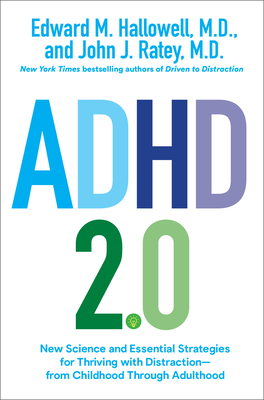What do you think?
Rate this book


208 pages, Hardcover
First published January 12, 2021
"Навряд чи вони (пацієнти - прим.моя) всі ці десятиліття ходили б до нього, якби його незвичний (хоча нині не такий уже і дивний) підхід не давав принаймні якихось позитивних результатів."
"Навіть найліпші й найбільш дієві ліки не допоможуть, якщо ви не віритимете них і не бажатимете приймати."